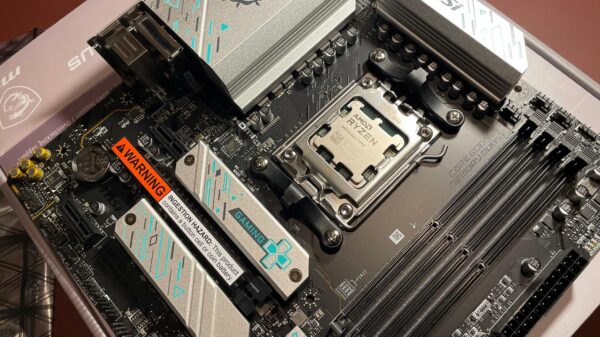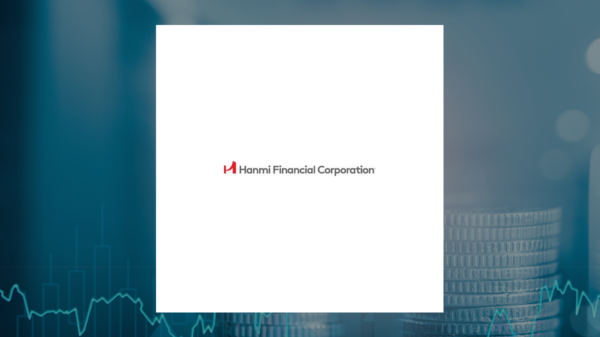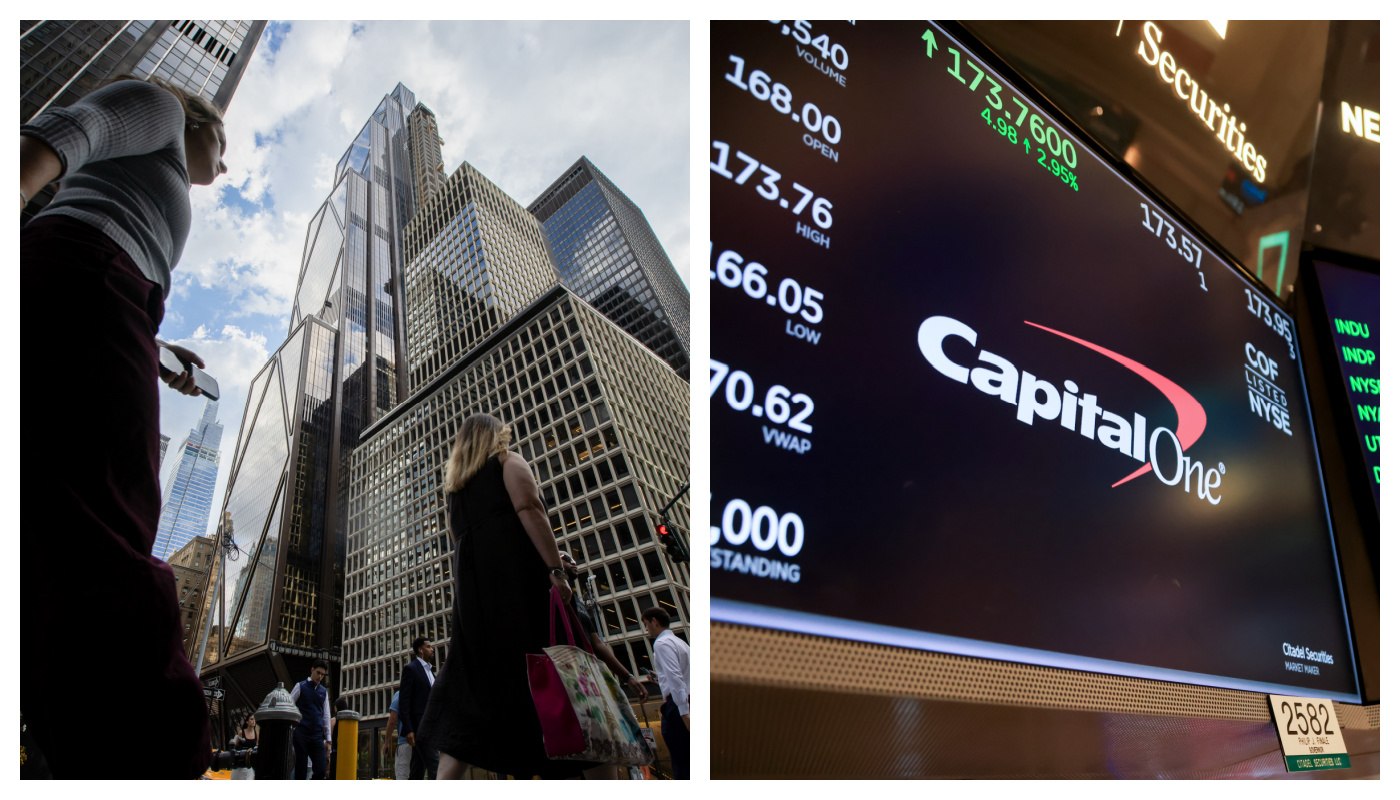JPMorgan Chase and Capital One have once again secured top positions in the latest AI capabilities ranking by Evident, which evaluates the largest banks across North America, Europe, and the Asia Pacific. The Evident AI index, released on March 15, 2024, highlights the two banks’ substantial advancements in artificial intelligence, marking a continuation of their dominance in this sphere.
According to Alexandra Mousavizadeh, CEO of Evident, both institutions are “very much out in front” in the competitive landscape of banking AI. This year, JPMorgan Chase’s score rose by nine points, while Capital One saw an increase of 9.6 points, reflecting their ongoing commitment to integrating advanced technology into their operations. They were joined in the top ten by other industry leaders, including the Royal Bank of Canada, CommBank, Morgan Stanley, Wells Fargo, UBS, HSBC, Goldman Sachs, and Bank of America.
The significant investments made by these leading banks over the past decade appear to be paying off. John Ratzan, senior managing director at Accenture, noted that early adopters of AI technology are reaping the benefits of their foresight. He emphasized that the market now demands that employees leverage consumer technologies, such as ChatGPT, within their business environments.
In recognition of its innovative efforts, JPMorgan Chase received the Innovation of the Year award from American Banker for its LLM Suite, which provides generative AI models for all employees. Mousavizadeh pointed out that the leading banks are expanding their talent pools, hiring AI specialists from diverse backgrounds, including mathematics and physics, to enhance their capabilities.
As the banking sector evolves, responsibility for AI transformation is gradually shifting to business leaders. Mousavizadeh explained, “It’s now on the business head to think about rewiring the entire line business.” She observed that while banks like JPMorgan Chase and Capital One are leading the charge, others have yet to adopt this proactive approach.
The transparency of AI projects among financial leaders is also increasing. Mousavizadeh noted that these banks are actively communicating their AI initiatives through press releases, media interviews, and dedicated webpages. This shift is partly attributed to advancing return on investment (ROI) frameworks and a growing need for visibility among shareholders.
Evident employs data trackers to monitor banks’ AI use cases, research, patents, and ventures. While it relies on public information for rankings, the organization also receives private data from banks to enhance its validation process. Teresa Heitsenrether, chief data and analytics officer at JPMorgan Chase, expressed pride in the bank’s recognition for leveraging AI effectively for employees, clients, and communities.
Despite the strong presence of larger banks in the ranking, Mousavizadeh believes that smaller banks can still compete by being strategic and nimble. “If you’re small and you’re late, then you can’t compete,” she cautioned. Ratzan added that smaller institutions, particularly fintech companies, could capitalize on their agility and face fewer regulatory hurdles, allowing them to innovate more rapidly.
This year, Evident recognized Ally Financial, a bank with $190 billion in assets, as a disruptor in the field. Sathish Muthukrishnan, the bank’s chief information, data, and digital officer, was named American Banker’s 2024 Innovator of the Year. Although too small to feature in the index, Ally Financial’s rapid and organized approach to AI has not gone unnoticed.
Mousavizadeh concluded by asserting that smaller banks can defy expectations and achieve significant breakthroughs through innovation. “Being resistant is a bad strategy,” she stated, emphasizing the importance of adaptability in the fast-evolving landscape of banking technology.








































































